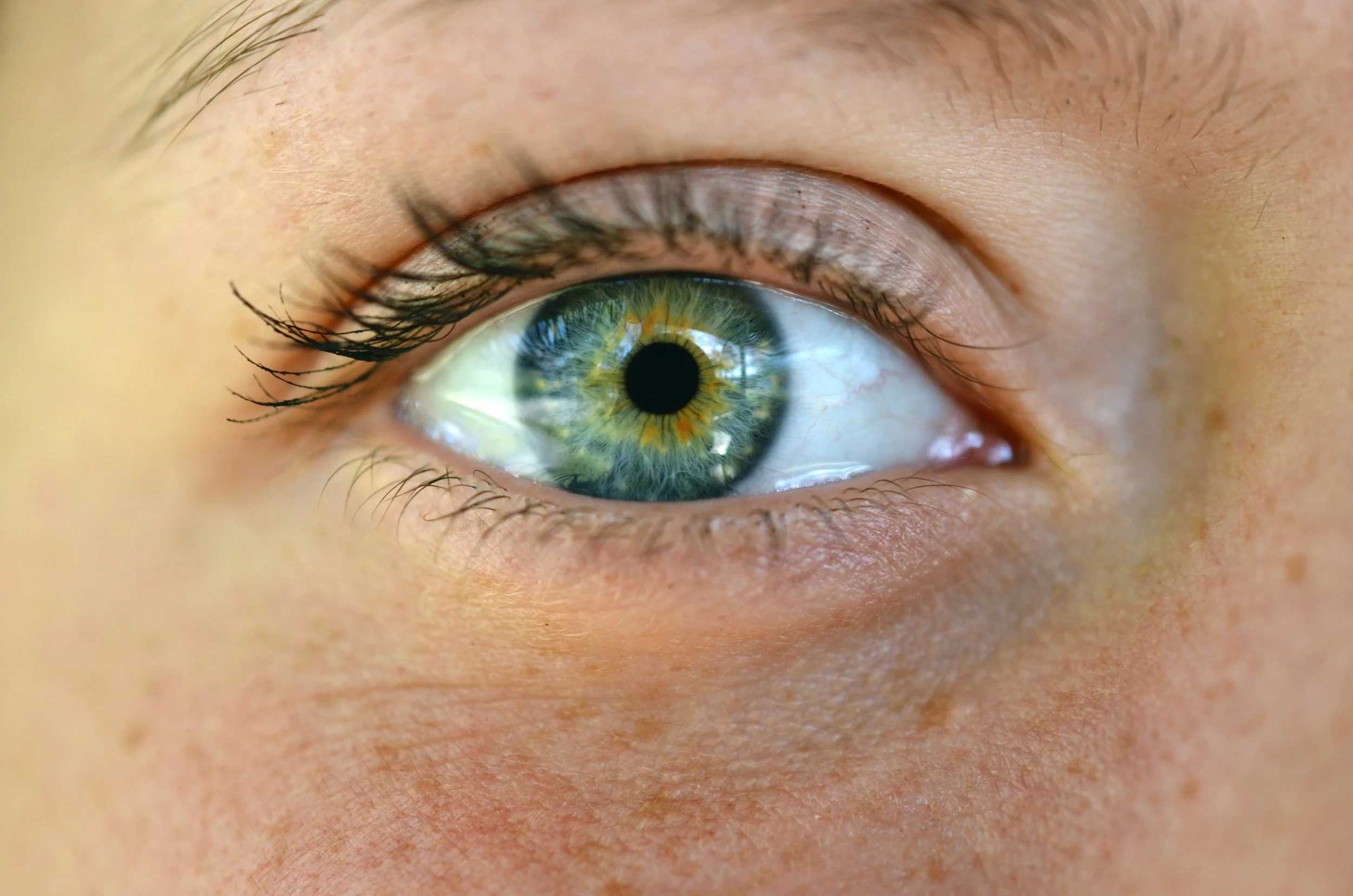Understanding Degenerative Eye Conditions and How Supportive Care Can Help
Losing vision is frightening. Living with it every day can be exhausting.
Many people are told that nothing more can be done for their eyesight. That message often creates fear, uncertainty and a sense of having no options. Supportive care can still make a difference for comfort, clarity and daily function.
Helping you move beyond symptom management to better health.
I specialise in acupuncture for degenerative eye conditions. It works alongside your existing medical care and can be helpful for people with macular degeneration, glaucoma, diabetic retinopathy, retinitis pigmentosa, visual loss after eye surgery and for some people who experience deterioration after trauma such as a car accident.
This article explains these conditions in straightforward language and shows how supportive care may help.
Why eyesight changes over time
Degenerative eye conditions affect the delicate tissue at the back of the eye called the retina. The retina needs good circulation, oxygen and nerve support to function well. When this support weakens, vision changes slowly or sometimes suddenly.
People often notice:
• reduced contrast
• fuzzy central vision
• difficulty reading
• trouble recognising faces
• changes that vary day to day
For many, this decline brings frustration, worry and a reduced sense of independence.
You still have supportive options
Standard ophthalmology remains essential. It saves sight, slows progression and monitors serious risks. But when a treatment has reached its limit or when you are advised to wait for a future option, it can feel as though you have nowhere to turn.
Supportive care, including specialised acupuncture, focuses on:
• circulation to the tiny vessels in the eye
• calming inflammation
• supporting nerve pathways
• helping the nervous system remain steady
This does not replace medical care. It works beside it.
My training and why I offer this treatment
I have lived with diabetic retinopathy for thirty years. During the proliferative stage I had large haemorrhages in both eyes. Laser treatment saved my sight but left scarring that reduced my vision. For many years there was nothing available to improve what remained.
I trained with several teachers including Julian Scott, although I do not use his method as it involves needling close to the eyeball. I also trained with Andy Rosenfarb, whose specialist eye clinic is in the United States, and learned his approach at a seminar in Amsterdam. I later travelled to Denmark to receive eye acupuncture from John Boel Senior. My vision improved by ten percent in one eye and fifteen percent in the other, and my reading acuity also improved. These changes made daily life easier. Two months later I returned to complete his Boel Method training. Last year I attended a seminar in Copenhagen taught by his son, also John.
My goal is to offer supportive care to people who are living with the same uncertainty I once faced.
Who this treatment may help
This approach may be suitable for people with:
• Dry or wet macular degeneration
• Glaucoma
• Diabetic retinopathy
• Retinitis pigmentosa
• Visual loss after eye surgery
• Visual loss after trauma such as a car accident
• Unexplained decline with no further medical options
No needles go into or near the eyeball. The points are on the body and the eyebrow area.
What to expect during treatment
A clear plan helps you understand what to expect and how treatment progresses.
Initial two week intensive
Two short sessions a day, Monday to Friday, for two weeks. This concentrated approach supports visual pathways and circulation.
Follow up after the intensive
If improvement continues, weekly treatments are given.
When progress stabilises, treatments move to fortnightly.
Finally, most people transition to monthly sessions for maintenance.
This structure is predictable and workable for people managing complex health needs.
How people feel during treatment
Some feel tired.
Some feel more energised.
Some become emotional.
All of these reactions are normal.
What people often experience
Results vary, but patterns do appear.
People may notice:
• clearer central vision
• better contrast
• easier reading
• steadier visual comfort
• improvements measured on the Snellen chart
• improvements on visual field testing
In my own clinical experience, when someone achieves a reasonable improvement, their acuity also improves.
Examples from practice
Post surgical vision loss
A woman in her early sixties developed significant loss after cataract surgery and follow up procedures. After treatment she gained four extra lines on the Snellen chart, her reading acuity improved and a cyst on imaging resolved.
Glaucoma
A man with glaucoma experienced a meaningful reduction in intraocular pressure. This supported both function and daily safety.
Macular degeneration
Many people report clearer central vision and better colour contrast.
These experiences vary from person to person.
Working safely with your eye specialists
Acupuncture for eye conditions is used alongside your existing care. You should continue all appointments with your ophthalmologist and optometrist. I can liaise with your medical team if needed.
Is this suitable for you
This treatment may be appropriate if you have a clear diagnosis, a stable condition or a gradual decline that is affecting daily life. It may also help after certain kinds of surgical setbacks or trauma.
If you are unsure, I can talk you through your options.
Booking your consultation
You can book online or contact the clinic directly.
Phone: 086 811 9534
Email: sineadd@onthepulse.clinic
South County Dublin



